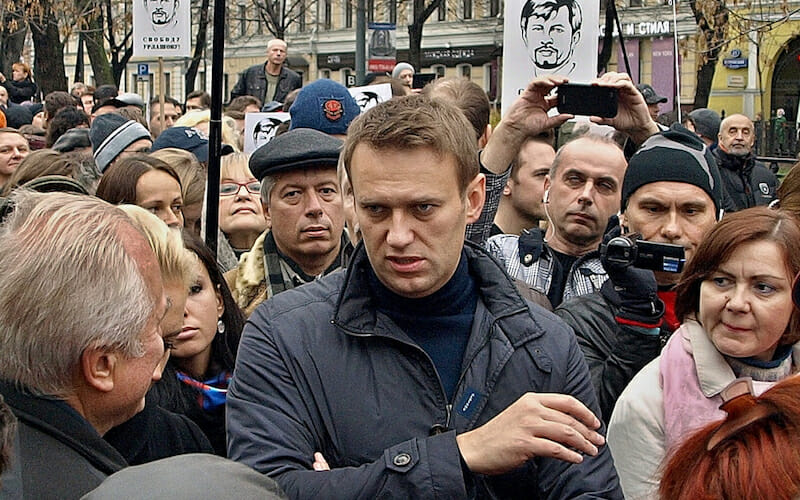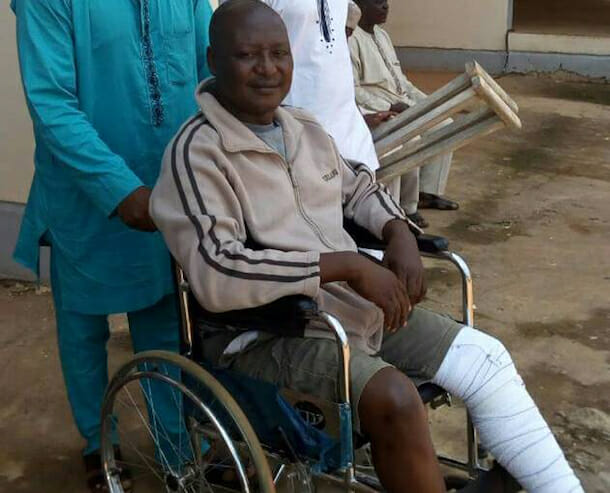
Independent Media at Risk: Authoritarians Worldwide Are Using the Police to Silence Critics
These are troubling times for the print and broadcast news media everywhere, but none are more vulnerable to coercion and repression than those struggling to serve local communities in authoritarian and quasi-democratic places.
Aggressive local journalism has always been a risky business. Criticisms of local authorities can lead to retaliation, such as advertising boycotts, refusals to speak with reporters, favoritism towards a “friendlier” rival publication, and more. This has always been the case.
But an atmosphere of rising hostility generally towards professional journalism is combining with deterioration in the rule of law in many nations to produce a perfect storm in which press freedom simply can’t survive.
Increasingly, critical journalism is becoming a police matter. Where once there might have been demands for retraction or angry letters to the editor, police investigators and state prosecutors are being deployed. My own story — in which a local Russian newspaper I founded published content supportive of anti-government street demonstrations in Ukraine and I wound up on the run from criminal charges — isn’t unique. The Glasnost Defence Foundation, Russia’s leading media support organization for the past quarter century, reports that 14 journalists are currently in Russian prisons. As word of my own situation has spread, scores of remarkably similar cases elsewhere have been brought to my attention.
Late last week, Russian anti-corruption campaigner Alexei Navalny’s web site was threatened with legal action by media regulator Roscomnadzor which also blocked a Navalny exposé claiming to disclose a financial relationship between oligarch Oleg Deripaska and Sergei Prikhodko, head of the Russian prime minister’s office.
Consider the case of Luka Binniyat, former bureau chief for the Vanguard newspaper in the Nigerian state of Kaduna. Just over a year ago, Binniyat received a tip that some students had been murdered by Fulani herdsmen, nomadic groups who have been in conflict with local farmers in southern Kaduna, and have been accused in a large number of killings in the area. Binniyat filed the story but grew concerned about its accuracy while checking the facts. He called his editor to get the story spiked, but it was published anyway.

Three months later, Binniyat was charged with breach of the peace and “injurious falsehood,” charges carrying possible prison terms of two years and three years respectively. He was arrested and, at his arraignment, the judge set impossibly stringent bail conditions. He then spent the next 90 days in prison before being released in October following a public outcry. A new trial date has been set for March.
There is more to this than a simple media error. It involves political intrigue and a state governor who doesn’t like criticism. The “tip” to Binniyat was a fabrication passed on to the journalist by someone who thought he could make some money from it.
But there is a further back story. Binniyat has written critically of the state government for years. His supporters, including activists with the local chapter of the National Union of Journalists, believe he was singled out for retaliation by Kaduna Governor Mallam Nasir Ahmad El-Rufai.
Binniyat is not the only journalist who has encountered problems under the El-Rufai administration. Gabriel Idibia of The Union Newspaper, Jacob Dickson of The Authentic News online, Midat Joseph of the Leadership newspaper have all been arrested and detained in the past. And then there is Gloria Ballason, a lawyer and host of a popular TV program called “House of Justice” who has faced public intimidation by the governor and threatened with arrest if she continues to criticize him on her program or in her newspaper column.
“In Kaduna there is freedom of speech, but no freedom after speech,” says Audu Maikori, a well-known Kaduna lawyer, entrepreneur and social activist.
Maikori himself has been arrested twice after voicing criticisms of the governor. In October, a federal court in Abuja ordered the governor and three associates to pay Maikori the equivalent of over $100,000 in damages for false arrest. The judgment is subject to appeal, but Maikori expects ultimately to be able to use the funds to help other journalists.
Maikori and I have much in common. In fact I am in the process of registering a foundation in Europe which will have that as its mission. Word of this got out a few weeks ago in a Brussels news outlet, and I’ve been receiving troubling reports and appeals for help from around the world ever since.

